
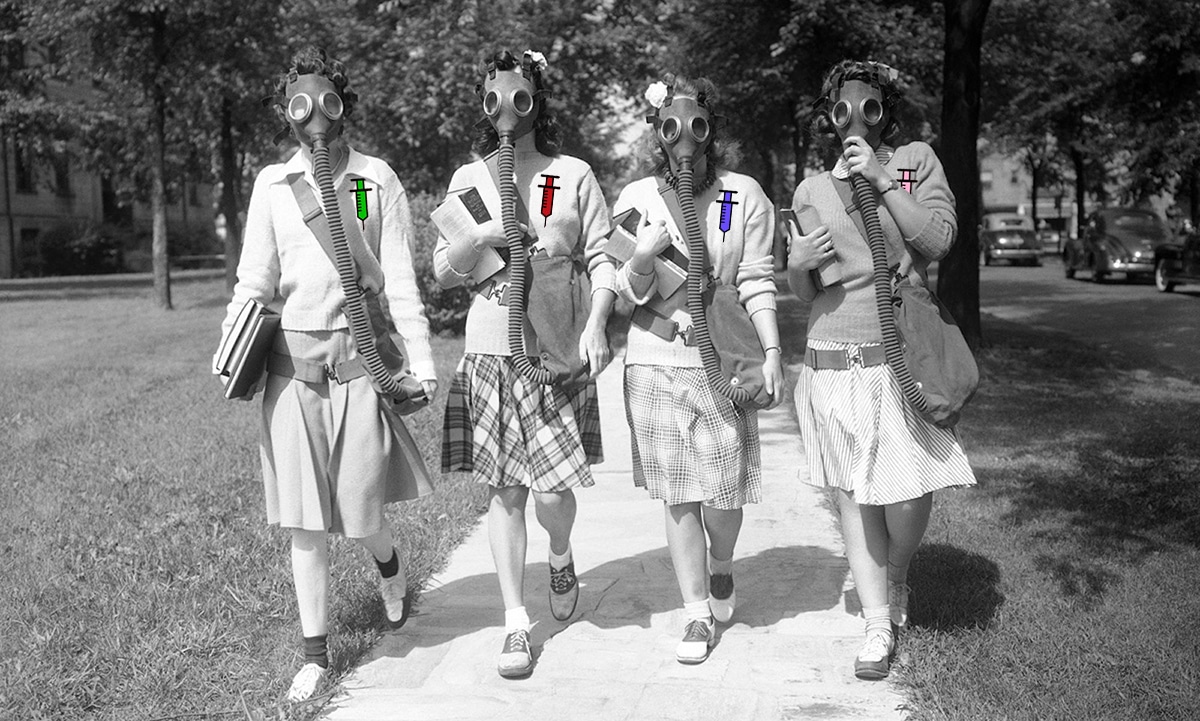
Midsummer Mask Madness
by Laura Dodsworth | Jul 22, 2022
“The important thing is to give people very clear information about why they [masks] are important.”
SPI-B and Indie SAGE stalwart, Professor Stephen Reicher was on Good Morning Britain today calling for people to voluntarily wear masks again. And he is not alone.
'Closing our eyes and pretending it's not there, that's the most dangerous strategy of all.'
Professor Stephen Reicher says we need to take 'sensible safety precautions' to stop Covid spreading. pic.twitter.com/R7A9zULJuO
— Good Morning Britain (@GMB) July 4, 2022
I am unequivocally not a fan of offence archeology, or gotcha moments. It’s important to acknowledge that we all make mistakes. But I want to refer to something Reicher said before so-called Freedom Day in 2021, because it’s important to contextualise his concern. He was adamant that Boris Johnson was making a mistake before re-opening society: “What sort of sign does he want? The Thames turned to blood? A plague of frogs? Writing on the wall that spells out ‘we are all doomed if you don’t stop your dithering’? But seriously, what sort of sign does he want?”
What sort of sign does he want?
The Thames turned to blood?
A plague of frogs?
Writing on the wall that spells out 'we are all doomed if you don't stop your dithering'?
But seriously, what sort of sign does he want? pic.twitter.com/0C6yHU2BW0— Stephen Reicher (@ReicherStephen) June 2, 2021
But in a sense, Reicher’s tweet indicates how Freedom Day failed. Freedom Day appealed to emotion, instinct and jingoism, as the previous calls to remain at home and a restricted life had appealed to fears and shaming, rather than rational thought. And because of that first misjudged campaign, our instincts were trapped in fear. There was a political and media backlash to freedom. Fear puts the brakes on recovery, as I warned in A State of Fear.
So, why is Reicher asking us to wear masks again, in the middle of summer, no less? Presumably he thinks they work and that the current case rate justifies the advice.
Firstly, where is the evidence behind the “very clear information”?
According to the UK government, “The best available scientific evidence is that, when used correctly, wearing a face covering will reduce the spread of coronavirus particles, helping to protect everyone.” This is quite vague, which is unsurprising as the science is also vague. There is no link to this scientific evidence in the advice.
At one point the government suggested making your own fabric mask at home. Does anyone take seriously that this:
is a substitute for this:
Scotland and Wales did not fare better than England when they had mask mandates. Of course there can be confounding factors, and this is why we should have conducted a randomised controlled trial. But despite supposedly unlimited amounts of freshly printed money to spend on Covid, we didn’t undertake a mask study. (Almost like they knew it wouldn’t deliver the ‘right’ results.)
In the US, it is possible to compare the case rates in neighbouring or similar states to see the effect of mask mandates. Ian Miller’s book Unmasked includes illustrative graphs of these comparisons.
In just one example, Alabama and Mississippi are neighbouring states which had different mask mandate interventions and timing. You couldn’t tell the two states apart on the graph, except Alabama had worse case rates during its peak while mandating masks compared to Mississippi, which didn’t have a mandate in place at that time. Both states’ case rates declined at exactly the same time. These two states, with their similarity in timing, case rates, and inability to slow the rate of infections create a compelling comparison when looking at the efficacy of mask mandates.
People are labouring under the illusion of control. Infections are frightening, and it is comforting for people to think that the ritualised wearing of a mask will help, in the same way as people invest faith in rosaries, or crossing their fingers, or not walking under ladders.
Masks also provide a signal, by appealing to ‘norms’ and social conformity. The behavioural psychologists love masks. They believe they promote collectivism, the feeling that we are all ‘in it together’. This attitude, clearly gleaned from my interviews with the SPI-B advisors when I was researching A State of Fear, was confirmed when David Halpern answered MPs’ questions and said, “It took a long time to get people in masks. Our view early on was that masks are effective, not least because of the signal they create and of course the underlying evidence.” Note that “signal” comes before “underlying evidence”.
How does the signal work? Normative pressure is enhanced and sustained when we wear masks in public. They are a visible indicator that there is danger present all around, in the air we breathe and in the people we meet. Masked faces prime you to think of danger. They keep fear in our faces. Literally. They also distinguish the compliant from the rebels.
In a speech in August 2020, after the WHO’s policy change on masks, WHO Director-General Dr Tedros Adhanom Ghebreyesus said “the mask has come to represent solidarity”. (My emphasis.) What he did not mention was any new evidence behind the policy change. In fact, the WHO’s guide, ‘Mask use in the context of Covid-19’, published in December 2020, said,
“At present there is only limited and inconsistent scientific evidence to support the effectiveness of masking of healthy people in the community to prevent infection with respiratory viruses, including SARS-CoV-2”.
(My emphasis)
This has not been updated with new evidence.
The European Centre for Disease Prevention and Control (ECDC) concurs that,
“evidence regarding the effectiveness of non- medical face masks for the prevention of COVID-19 is scarce”.
The idea that masks work is lodged in some people’s brains and they can’t change tack. They are trapped by their own confirmation bias. (I’m sure they would say the same to me, but I think my mind could be changed with hard evidence. I’m still waiting.) I imagine it would be very difficult now for people who pushed for restrictions and masks to change their minds at this stage.

What’s the panic based on? Jamie Jenkins (who formerly worked in health statistics at the ONS) has dissected the latest hospitalisation figures from NHS England. Most recently, there were 10,658 patients in hospital with Covid, up from 3,835 on 5th June. That sounds like a big increase over a month but we have to remember most of those patients are in with not because of Covid. Most pertinently, according to latest data, there are an estimated 70 patients are in critical care beds in England primarily for Covid-19 out of 4,187 beds. This is just over a quarter of the number this time last year when it was 255.
This is the occupation of critical care beds in the 7 days to 28th June:
- 4.4% of critical care beds had a patient with Covid
- 72.3% of patients not with Covid
- 23.3% of beds were unoccupied
This is the occupation of general beds in the 7 days to 28th June:
- 2.6% of general hospital beds in England have patients being treated for Covid
- 4.3% of beds have patients with Covid but are primarily treated for other conditions/injuries
- 87.9% of beds patients without Covid
- 5.3% of beds are unoccupied
(With thanks to Jamie Jenkins who is worth a follow on Twitter.)
Dame Sarah Gilbert who developed theAstraZeneca vaccine said in The Times that pandemics do “rumble on” before they come to an end. We need to learn to live with this.
But there is an urgent health situation that too few people are talking about. Non-Covid excess deaths are worryingly high. In the last week’s reported ONS data, there were 10,836 deaths in England and Wales in total. Covid was the cause of 166 of them and involved (mentioned but not main cause) in a further 119. The concerning part is that this total is a staggering 1,432 deaths above the five year 2015-2019 average.
Deaths registered in May 2022 were 5,873 above the average seen pre-pandemic in 2015-2019. Of those 4,357 were not due to Covid. Of the main causes of death, heart disease had the largest number of deaths above average.
If these excess deaths were due to Covid, it would have been all over the media. You would not be able to avoid red graphs, blaring headlines, panicked demands for restrictions, so why is no one talking about these non-Covid deaths? Although the causes are multi-factorial, these deaths are inconvenient and cast blame on lockdowns and the quality of healthcare.
Some sort of madness has taken hold of people if they are fretting about re-introducing masks for Covid and not worried about the excess thousands of non-Covid deaths. Reicher said “closing our eyes and pretending it’s not there, that’s the most dangerous strategy of all,” but that is exactly what people are doing.


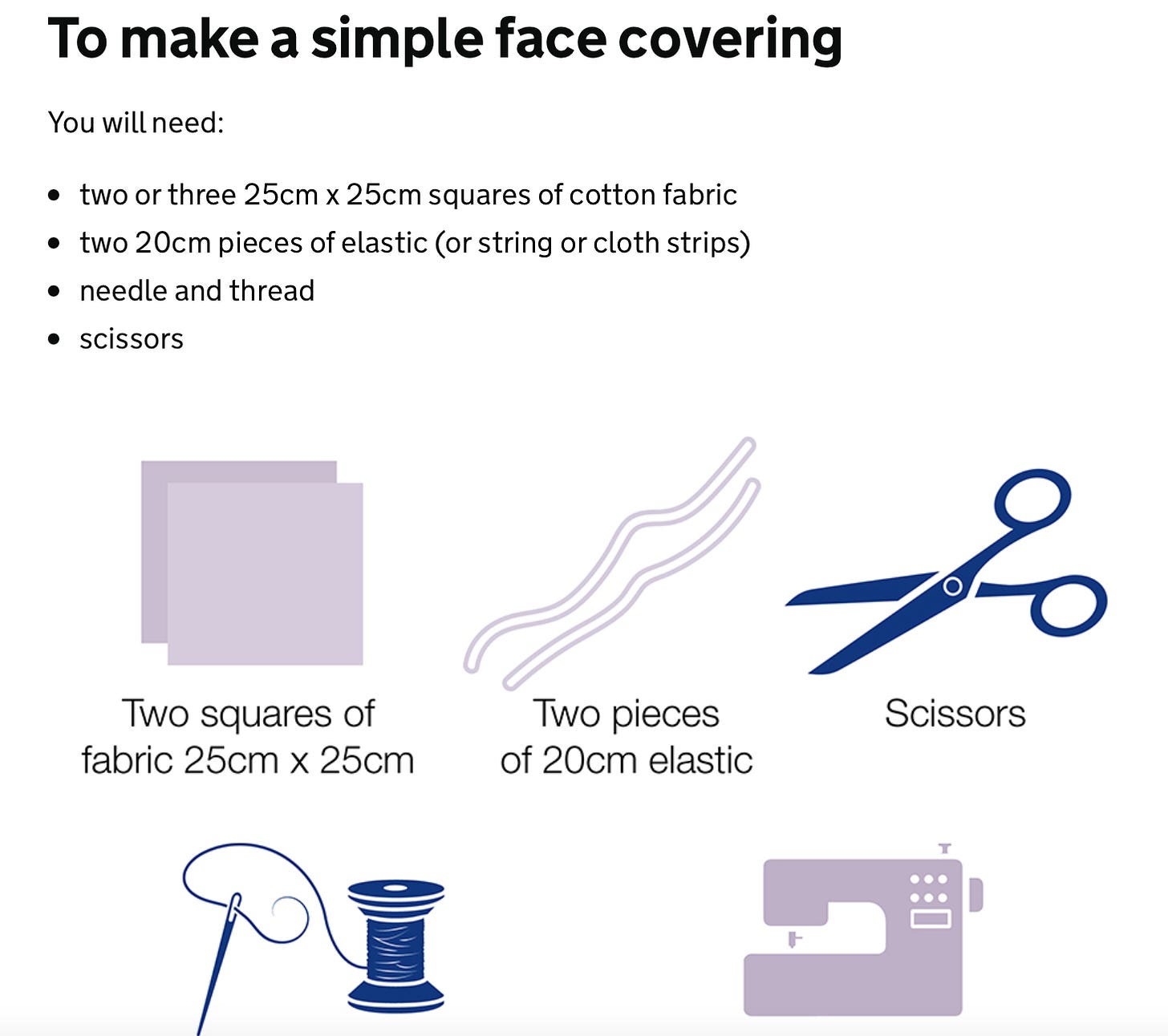
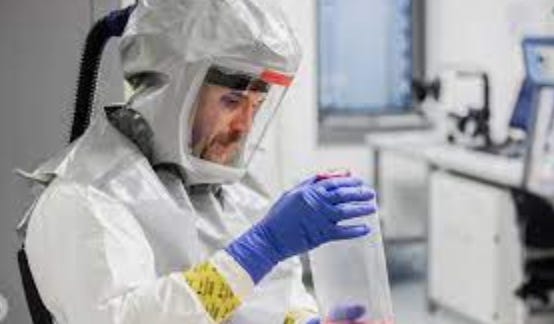
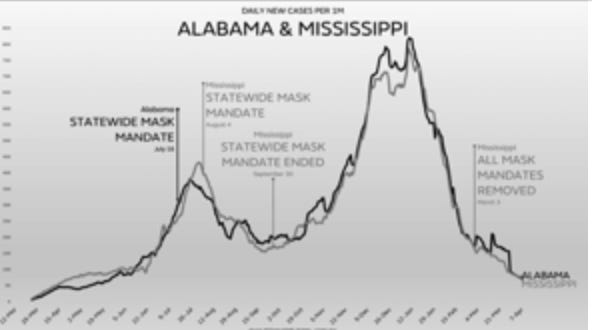
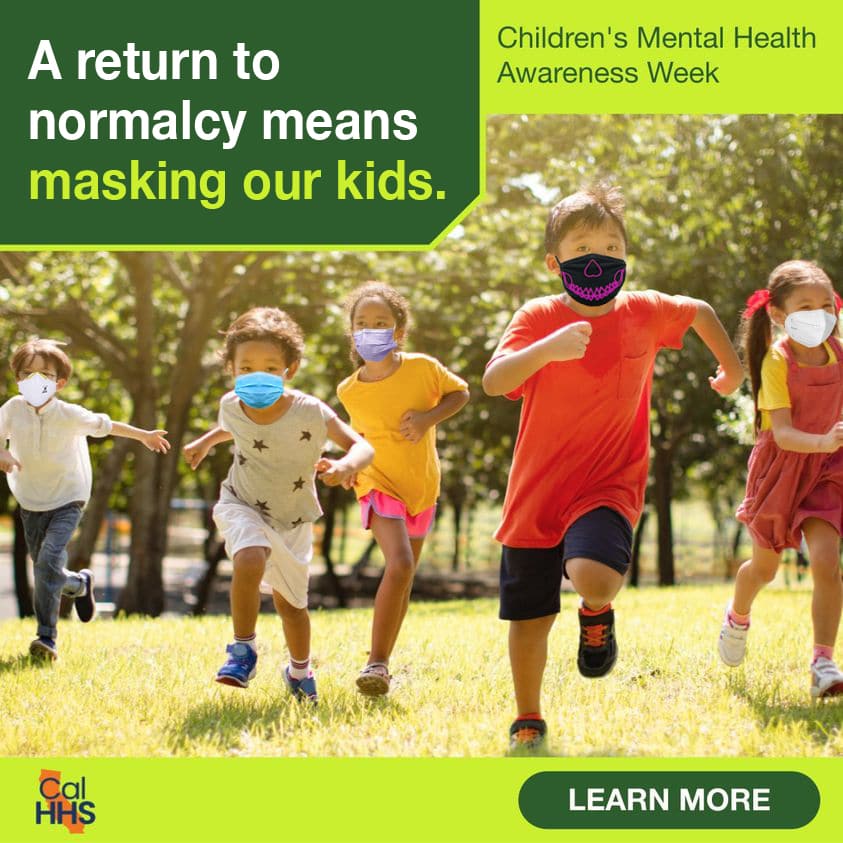

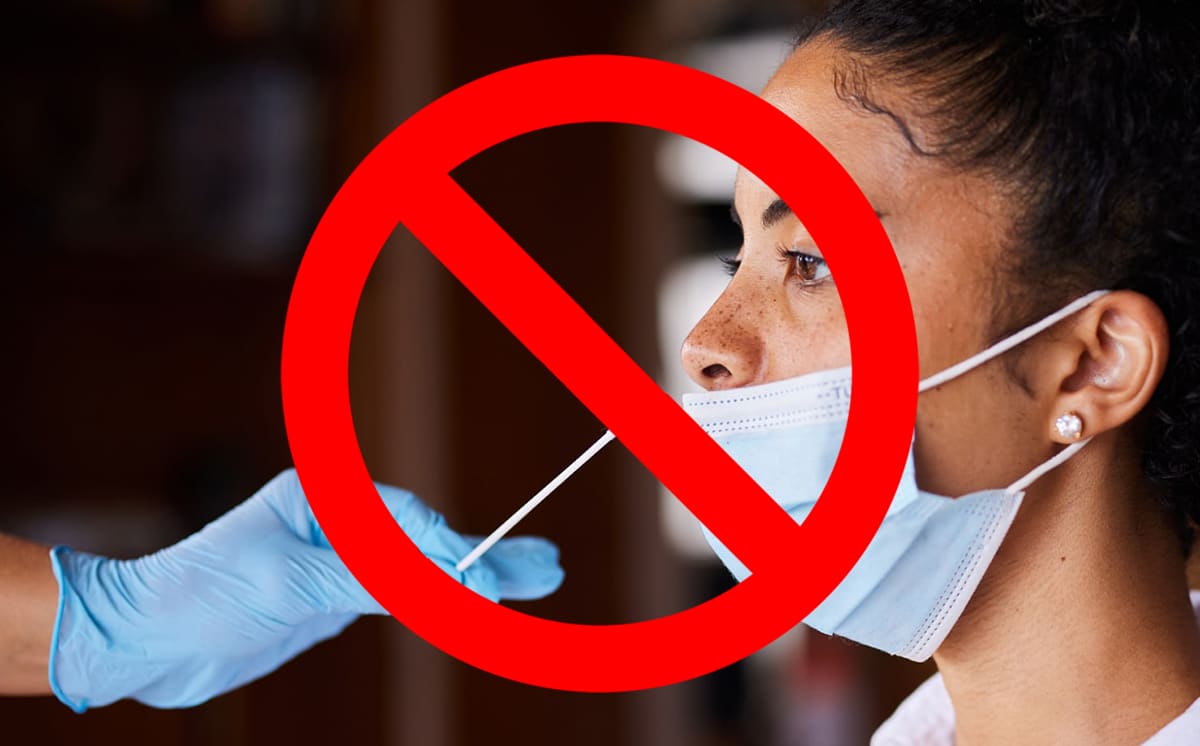
0 Comments